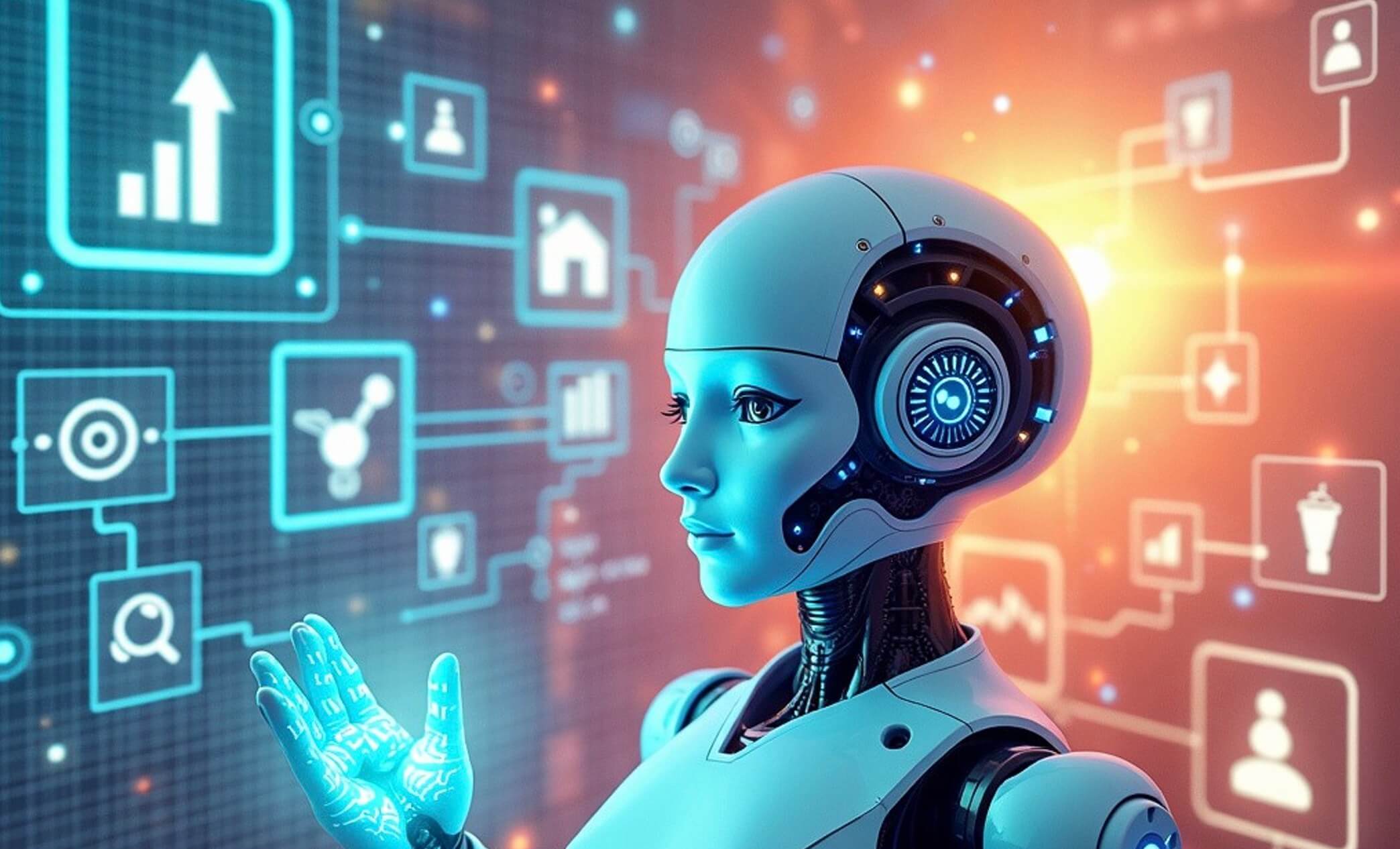Marketing has always been about connecting with people at the right time and place. In the past, that meant print ads, billboards, radio spots, and television commercials. Today, it means meeting customers where they spend most of their time: online. As technology evolves, so too does marketing. Businesses now rely on sophisticated digital tools, data-driven insights, and artificial intelligence (AI) to engage audiences and drive growth.
This article explores how technology is shaping modern marketing, the tools leading the transformation, challenges businesses face, and what the future may hold at the intersection of tech and marketing.
From Traditional to Digital: The Marketing Shift
The digital revolution has shifted marketing from broad, one-size-fits-all campaigns to personalized, data-driven strategies. In the early days of the internet, simple banner ads and email newsletters were groundbreaking. Today, customers expect tailored experiences across multiple platforms—websites, social media, mobile apps, and even smart devices.
Key drivers of this shift include:
-
Internet accessibility: Billions of people worldwide now have internet access, making digital channels the primary marketing battleground.
-
Mobile devices: Smartphones have become the central hub for communication, shopping, and entertainment, forcing marketers to adapt to mobile-first strategies.
-
Social media: Platforms like Facebook, Instagram, TikTok, and LinkedIn are not only communication tools but also powerful advertising ecosystems.
The result is a highly competitive digital landscape where businesses must leverage technology to stand out.
Data-Driven Marketing
Data is at the heart of modern marketing. Every click, search, purchase, and online interaction generates valuable information. Companies can now analyze this data to understand customer behavior, preferences, and pain points.
Key applications of data in marketing include:
-
Customer segmentation: Dividing audiences into groups based on demographics, behavior, or interests.
-
Personalization: Delivering tailored messages and product recommendations.
-
Predictive analytics: Using AI to forecast customer behavior, such as likelihood to purchase or churn.
-
Performance tracking: Measuring campaign effectiveness in real time.
For example, streaming platforms like Netflix use algorithms to recommend shows based on viewing history, while e-commerce giants like Amazon personalize shopping experiences with “customers also bought” suggestions.

The Rise of Marketing Automation
Technology has made marketing more efficient through automation. Tools like HubSpot, Mailchimp, and Marketo enable businesses to schedule emails, manage customer relationships, and streamline workflows.
Benefits of marketing automation include:
-
Saving time by automating repetitive tasks.
-
Consistent customer engagement through drip campaigns.
-
Improved lead nurturing with personalized communication.
-
Better ROI tracking across multiple channels.
Automation allows small teams to operate with the power of much larger organizations, leveling the playing field in competitive industries.
Artificial Intelligence in Marketing
AI is one of the most transformative technologies in marketing today. Its ability to process vast amounts of data and recognize patterns gives businesses unprecedented capabilities.
Applications of AI in marketing:
-
Chatbots and virtual assistants: Providing 24/7 customer support.
-
Programmatic advertising: Using AI to buy and place ads in real time, targeting specific audiences more effectively.
-
Content creation: AI tools can generate blogs, social media posts, or product descriptions at scale.
-
Sentiment analysis: Monitoring customer feedback across platforms to gauge brand reputation.
For instance, Spotify’s AI-driven playlists keep users engaged while subtly marketing new artists and music. Similarly, brands use AI-powered chatbots on websites to improve customer satisfaction and reduce support costs.
Social Media and Influencer Marketing
Technology has turned social media into a marketing powerhouse. Beyond traditional ads, influencer partnerships have emerged as one of the most effective strategies. Influencers—ranging from celebrities to niche content creators—leverage their authenticity to promote products to engaged audiences.
Platforms also provide advanced analytics, allowing brands to measure reach, engagement, and conversions more accurately than ever before. Tools like Meta Ads Manager, TikTok Ads, and LinkedIn Campaign Manager offer detailed targeting based on age, location, interests, and even online behaviors.
The Role of SEO and Content Marketing
Search engines remain a primary gateway to information. As such, Search Engine Optimization (SEO) and content marketing continue to play a central role in tech-driven marketing strategies.
-
SEO ensures websites rank higher on Google searches, increasing visibility.
-
Content marketing builds authority by offering valuable information through blogs, videos, and guides.
Advanced SEO tools like SEMrush and Ahrefs help marketers identify keywords, track rankings, and analyze competitors. Combined with analytics platforms like Google Analytics, businesses gain a full picture of their digital presence.
Challenges at the Intersection of Tech and Marketing
While technology has revolutionized marketing, it also presents challenges:
-
Data privacy concerns: Consumers are increasingly aware of how their data is used. Regulations like GDPR and CCPA require businesses to prioritize transparency and security.
-
Ad fatigue: With so many digital ads, consumers often feel overwhelmed and tune out marketing messages.
-
High competition: Digital platforms are crowded, making it difficult for brands to stand out without substantial investment.
-
Skill gaps: The rapid pace of technological change requires marketers to continuously update their skills.
Balancing personalization with privacy, automation with authenticity, and innovation with accessibility will define the success of future marketing strategies.
The Future of Tech-Driven Marketing
Looking ahead, several trends are likely to shape the future of marketing:
-
Voice search and smart assistants: As devices like Amazon Alexa and Google Assistant grow, optimizing for voice search will become critical.
-
Augmented reality (AR) and virtual reality (VR): Brands are already experimenting with immersive experiences, such as virtual try-ons for fashion and furniture.
-
Blockchain technology: Promises greater transparency in digital advertising and secure customer data management.
-
Hyper-personalization: With advancements in AI, brands will deliver even more individualized experiences, moving beyond segmented campaigns to truly one-to-one marketing.

Conclusion
The convergence of technology and marketing has created a new era of opportunity and challenge. Businesses that embrace data-driven insights, AI-powered tools, and innovative platforms can build stronger customer relationships and drive sustainable growth.
However, success requires more than adopting the latest tools. It demands a balance of creativity, authenticity, and ethical responsibility. As the digital landscape evolves, the most effective marketers will be those who use technology not just to sell, but to connect—creating value and trust in an increasingly complex world.





